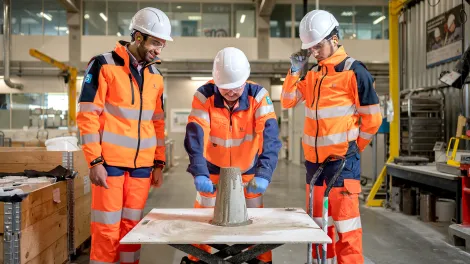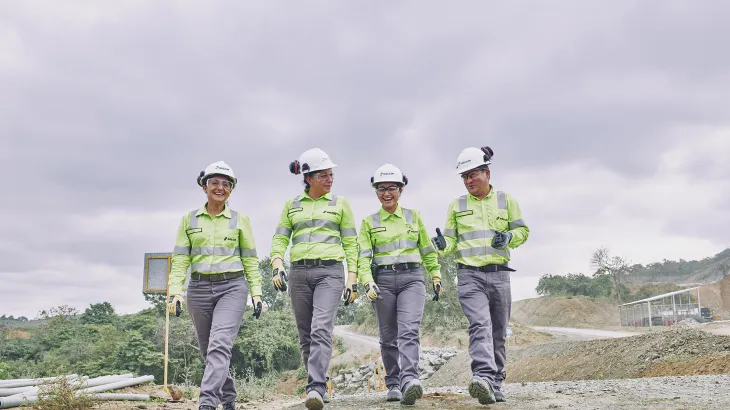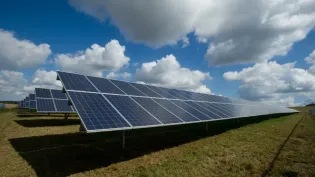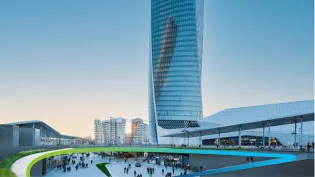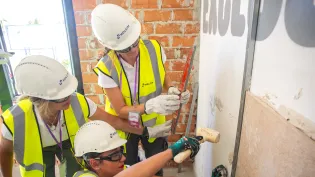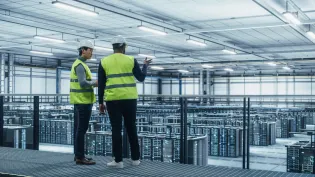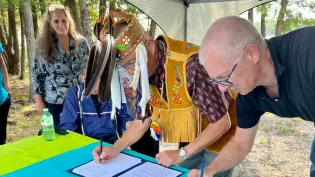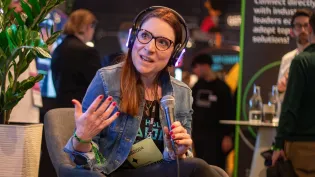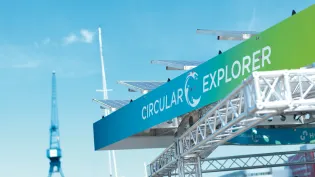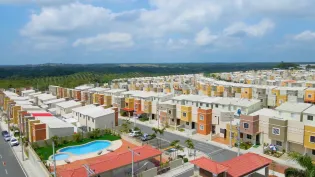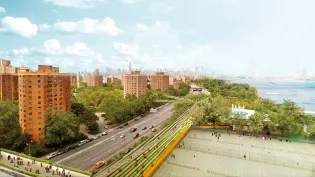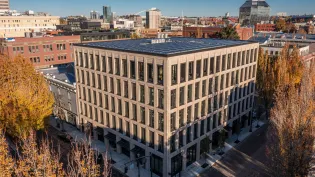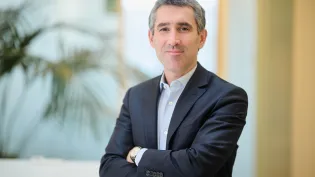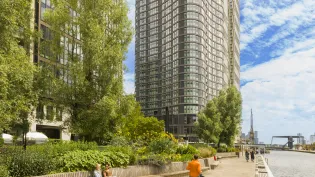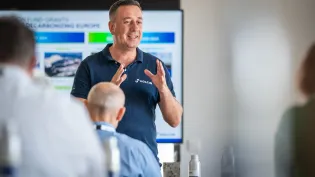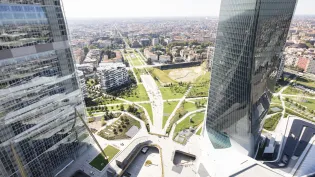Human rights
We are committed to upholding and promoting human rights while fostering positive social impact in the communities where we work.
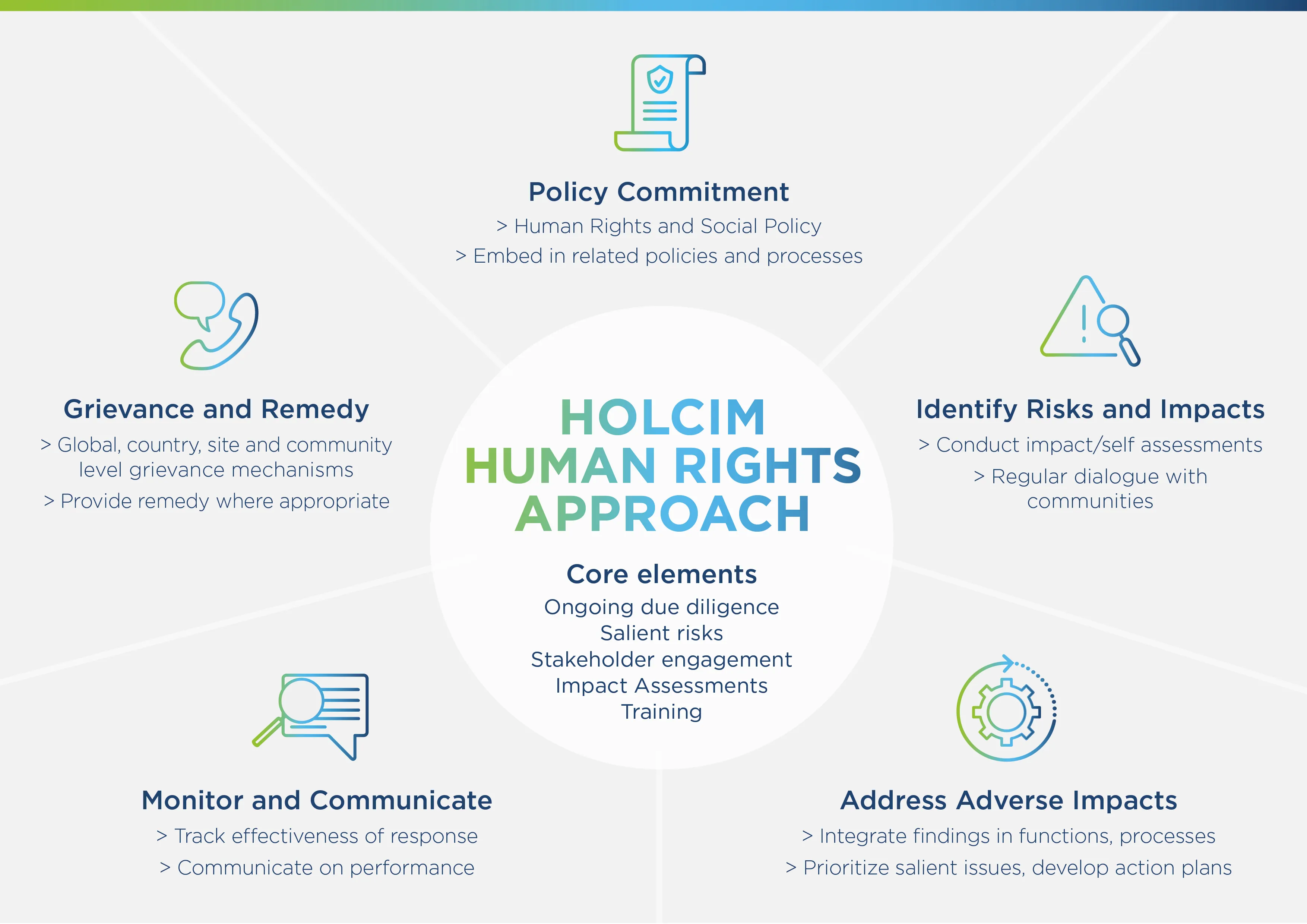
OUR COMMITMENT TO RESPECT HUMAN RIGHTS
Holcim respects and promotes human rights in our own operations, supply chain and the communities where we operate. Our commitment to human rights is aligned with the principles and values contained in:
- the UN Guiding Principles on Business and Human Rights
- the OECD Guidelines for Multinational Enterprise
- the internationally recognized rights in the International Bill of Rights, the International Labour Organization’s Declaration on Fundamental Principles and Rights at Work and the Convention on the Rights of the Child
- other relevant laws
Ongoing human rights due diligence, human rights impact assessments and stakeholder engagement are core elements of our human rights approach. As of today, all of our countries have a human rights assessment process in place and have defined action plans to address risks. All cement and grinding sites in all countries must have human rights assessments, formal stakeholder engagement and action plans in place.
All of our cement plants and grinding units have regular and institutionalized stakeholder engagement activities such as community panels in place. Through our sustainable procurement program, 93% of the procurement spend with high ESG risk suppliers is done with qualified suppliers.
We also conduct regular individual training for all country CEOs and relevant teams around the world. Our commitment is to train 10,000 people on human rights in online and in-person training programs every year.
HOW WE REACH OUR COMMITMENTS
Our Human Rights Approach outlines how we implement our commitment to human rights. The aim of this approach is to ensure systematic identification, prevention, mitigation, monitoring and remediation of potential or actual risks and impacts to people. Such risks and impacts may occur as a result of our business activities and operations, or the activities of our business partners and suppliers. This methodology also helps countries to set priorities and plan effective follow-up actions.
Beyond our own operations, we require all our business partners to respect human rights. With our Sustainable Procurement program, we verify compliance with our Code of Business Conduct for Suppliers. This involves identifying environmental, social and governance (ESG) issues in our supply chain, and measures to prevent risks or address identified breaches.
We address complaints and grievances received through our Global Integrity Line, as well as a number of site- and community-level grievance mechanisms.
As part of our efforts to create a regulatory level playing field, we support the implementation of regulatory frameworks that require mandatory human rights and environmental due diligence.
To make a bigger difference, Holcim is an active member of relevant international organizations dedicated to strengthening human rights in business. Holcim has been a signatory of the UN Global Compact since 2003 with Human Rights at the core of its agenda. We joined WBCSD's Call to Action for Business Leadership on Human Rights. Holcim is committed to the UN Women’s Empowerment Principles, the WASH pledge, and the 2021 Eliminate Child Labour Action Pledge.
Salient human rights risks
We seek to proactively identify, prevent and mitigate potential or actual risks to people. We have identified seven salient risks: health and safety; working conditions in our operations and particularly our supply chain; discrimination and harassment; security-related abuses and violations; child labor in high-risk supply chains; dust and other emissions; and climate change and its impacts.
Being a leader in the building materials industry means setting new health, safety and environmental standards. Our aspiration is to conduct a business with zero harm to people and to create a healthy and safe environment for our employees, contractors, communities and customers, while minimizing our environmental footprint.
We respect workers’ rights. This applies to direct employees as well as contractors. We strive to contribute to the social and economic development of the communities in which we operate and engage proactively and constructively with them. More information is available in our Human Resources Policy, our position on engaging with unions, our Sustainable Procurement approach and our Human Rights Directive.
We promote an inclusive and fair workplace. As an equal opportunities employer, Holcim actively promotes diversity, making no distinction on gender, sexual orientation, race or religion. This is further outlined on our Careers page, in our Business Code of Conduct and the Code of Business Conduct for Suppliers.
We are committed to the protection of our people, environment, assets and reputation from intentional criminal activity, malicious acts and unwanted events. To do so, we engage security services on an “as needed” basis, following a strict risk-based methodology and stringent rules of professionalism and integrity. Holcim has made its adherence to human rights very clear in its Security and Resilience Policy and governance. Holcim holds its private security service providers and public forces accountable for meeting the highest standards of compliance with international best practices for security and human rights.
When interacting with private security providers and public forces, our operations are mandated to align with:
- Holcim’s Code of Business Conduct
- Holcim’s Code of Business Conduct for Suppliers
- Holcim’s Security and Resilience Policy
- Holcim’s Security Services with Integrity (SSI) Directive
and either:
- International Code of Conduct for Private Security Service Providers
- Voluntary Principles on Security and Human Rights
Or any other recognized international best practices on security and human rights.
Holcim has made long-term efforts to respect and promote the rights of people and children in our operations and supply chain. We accelerated this action in 2021 by further integrating child rights into Holcim’s human rights approach and sustainable procurement systems. The 2021 End Child Labour Action Pledge on eliminating child labor and strengthening children’s rights builds on our existing commitment to respect human rights.
We require all our cement sites to measure and manage air and other emissions. The vast majority of our plants operate within best practice emission ranges and some are among the best in the sector. We continue to make improvements across all sites. We have a program in place to address other sources of dust, such as surrounding roads. Its aim is to reduce fugitive emissions in all our plants, to preserve the local environment and minimize the impacts on the neighboring communities.
Holcim is reinventing how the world builds for people and the planet. We are accelerating green construction by signing the Business Ambition for 1.5° C with science-based targets.






